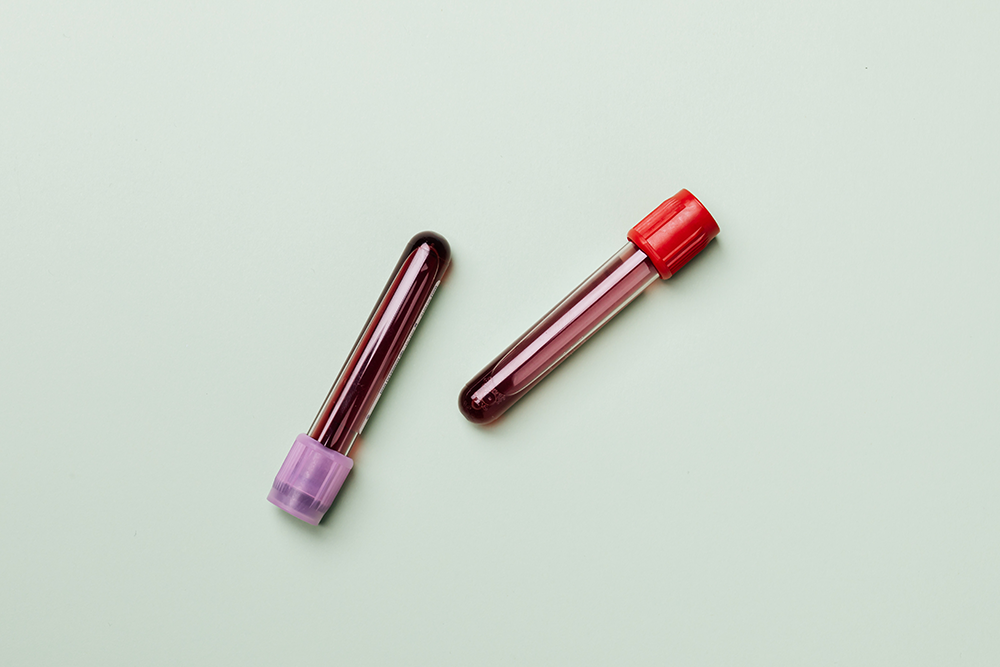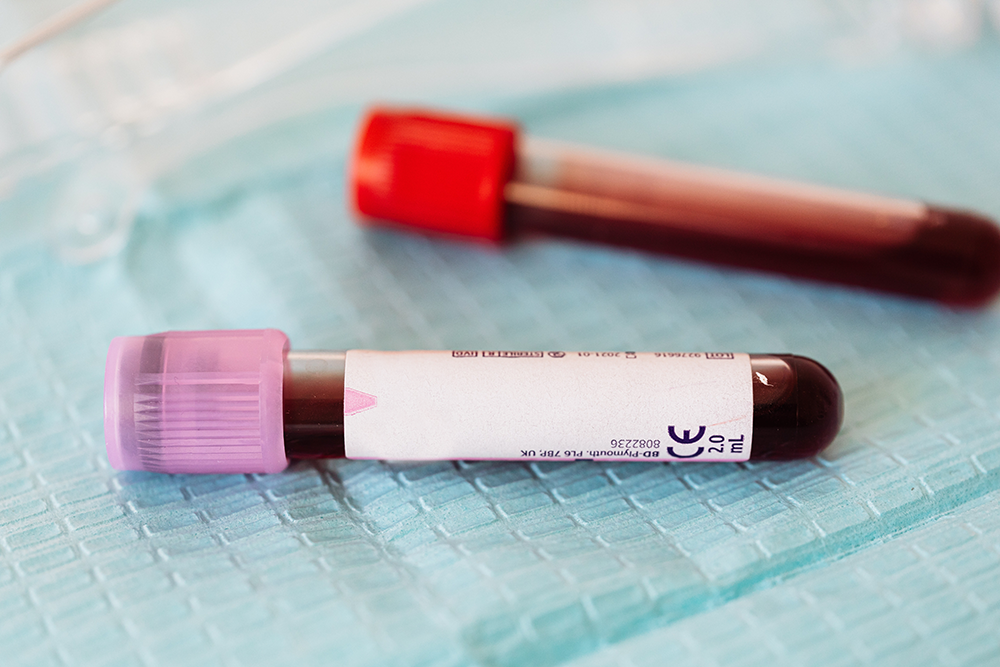
Like any major surgical procedure, there is a risk of blood clots after bariatric surgery that could lead to serious health concerns if not addressed early on. A blood clot is a clump of blood that forms in the arteries (which carry blood away from the heart) or the veins (which carry blood to the heart). Typically blood clots will dissolve on their own; however, they can become extremely dangerous if and when the clot breaks off and travels to the heart or lungs, restricting blood flow.
Types of Blood Clots
There are two types of blood clots, which vary in symptoms and severity based on where they occur.
Arterial Blood Clots
Arterial blood clots form in an artery, which carries blood away from the heart to the rest of the body. Arterial blood clots, otherwise known as arterial thrombosis, create a sudden onset of symptoms that require emergency medical treatment. Arterial clots are most often a cause of fat deposit buildups on the walls of the arteries, which will harden and restrict the flow of blood. Overweight and obese individuals have a higher risk of developing arterial blood clots and will be screened of their risk before bariatric surgery.
Venous Blood Clots
Blood clots in the veins, which carry blood to the heart, are known as venous thromboembolism or venous blood clots. Typically this type of blood clot forms more slowly over time in the deep veins of the legs, arms, or pelvis and can become dangerous if they break off and travel to the lungs or heart (known as an embolus). The most severe type of venous blood clot is deep venous thrombosis (DVT).
After bariatric surgery, there is a risk of pulmonary embolism, a medical condition in which a DVT breaks off and travels to the lungs. Signs and symptoms of deep venous thrombosis include swelling, pain, soreness, warmth, redness, or discoloration. Depending on the size of the clot, symptoms and severity may vary. If a blood clod forms in the lungs, pulmonary embolism, you may experience additional symptoms such as
- Chest pain
- Dizziness or fainting
- Shortness of breath or trouble breathing
- Fever
- Blueish discoloration in the skin or lips
- Coughing up blood
- Increased heart rate
- Low blood pressure
If you suspect you might have a pulmonary embolism, contact your bariatric care team or your primary care physician immediately. Patients who are at an increased risk of developing blood clots or have had blood clots in the past need to speak with their bariatric surgeon about this medical condition to take steps to lower their risk of developing venous blood clots. If your bariatric surgeon determines you are at risk of developing blood clots, they may require you to have a DVT filter inserted before your bariatric procedure to catch any clots before they travel to the heart or lungs.
Blood Clots after Bariatric Surgery
After any surgical procedure, your body will go through a healing process that increases blood clotting. You are at rest for more extended periods during the healing process, which stops the blood from flowing throughout your veins and arteries, ultimately increasing your risk of blood clots. Furthermore, tissue, debris, fat, or collagen can potentially get released into the blood flow during any surgical procedure, thickening the blood and restricting flow.
Thankfully, severe blood clotting only occurs in less than 1% of bariatric surgery patients. Your bariatric care team will place you on blood thinners before and after your procedure. They will also require you to walk around every few hours after your bariatric surgery to decrease your risk of developing a severe blood clot. Similarly, you will be required to stop smoking several weeks before and after your bariatric procedure to reduce your risk of blood clots and a pulmonary embolism.
Reducing Your Risk of Blood Clots after Bariatric Surgery
As mentioned above, your bariatric care team will take the necessary steps to lower your risk of developing a blood clot after bariatric surgery. However, there are also steps you can take to prevent clotting.
1. Move Regularly
Sitting for long periods stops the blood from flowing and can increase your risk of clotting. Therefore, it is recommended you get up and walk every 2 to 3 hours to keep the blood flowing throughout your body.
2. Stop Smoking
Studies have found that chemicals inside cigarettes change the viscosity and thickness of blood, thus increasing your risk of clotting. Therefore, your bariatric surgeon will require you to stop smoking before and after your bariatric procedure to lower your risk of complications.
3. Lower Your Cholesterol
It is commonly understood that high cholesterol levels can lead to heart disease, and the reason is the buildup of cholesterol particles on the artery walls. Over time, this buildup will turn into plaque, and sometimes the plaque will break off to form a clot that could cause a heart attack or stroke.
4. Lose Weight
Overweight and obese individuals are at an increased risk of developing blood clots due to the pressure the weight puts on their arteries and veins. Similarly, obesity is also linked to inflammation in the body, which makes blood more susceptible to clotting. Luckily, after bariatric surgery, you will lose weight and thus reduce your risk of blood clots. However, it is imperative to be screened for an increased risk of clotting before surgery to prevent serious health complications.
5. Wear Loose Clothing
As wild as it may sound, tight clothing can restrict blood flow and could increase your risk of clotting. Therefore, it is recommended to avoid wearing restrictive clothing, especially around the legs, arms, and abdomen, where clotting is most common.
Blood clots after bariatric surgery are a risk of the procedures, and if left untreated, can lead to severe medical conditions such as a pulmonary embolism. Although the risk of developing a severe blood clot that will travel to the heart or lungs occurs in less than 1% of bariatric patients, there are still precautionary steps the patients and care teams need to take to lower the risk of complications after weight loss surgery.











